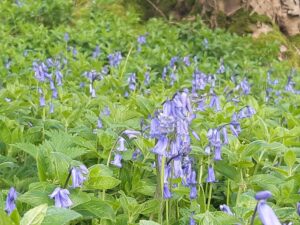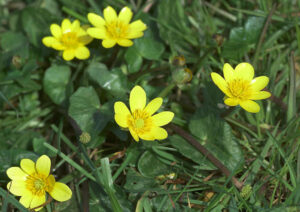
The Woodland Trust and British Science Week (8th-17th March) seek new volunteer phenologists to update Nature’s Calendar, an almost 300-year-old tradition to track nature’s changing events. Phenology is the study of seasonal changes in plants and animals from year to year, such as flowering of plants, emergence of insects and migration of birds.
Nature’s Calendar is made up of 3 million records and is the longest written biological record of its kind. Records date back to 1736 and will help identify winners and losers in wildlife populations.
To mark British Science Week’s 30th anniversary, Nature’s Calendar and British Science Week have joined forces to get more of the British public outdoors and to inspire them to become recorders.
Nature’s Calendar and British Science Week are asking people up and down the UK to record the first flower on a horse chestnut tree; the first flower on a hawthorn tree; the first time they spot a swallow: the first time they spot an orange-tip butterfly.
These seasonal events have been selected because they’re widely observed across the whole of the UK in both rural and urban environments, are recognisable and are used by scientists to monitor the effect of weather and climate on UK wildlife.
Recorders should select locations they visit regularly (at least once or twice a week) so that the first time (give or take a few days) the specific seasonal event happens is as close as possible to the earliest occurrence.
Find out more about the species and recording here. A wider list of amphibians, birds, plants, insects and fungi to record year-round, as well as a downloadable phenology calendar, can be found here.

Additionally, wildlife presenter and British Science Association (BSA) Honorary Fellow, Liz Bonnin, will co-host a webinar for the general public and community groups on Thursday 14 March at 6pm.
During this session, Liz and the Woodland Trust will talk through how to observe and record events, spring trends spotted as a result of Nature’s Calendar, and the history of the record.